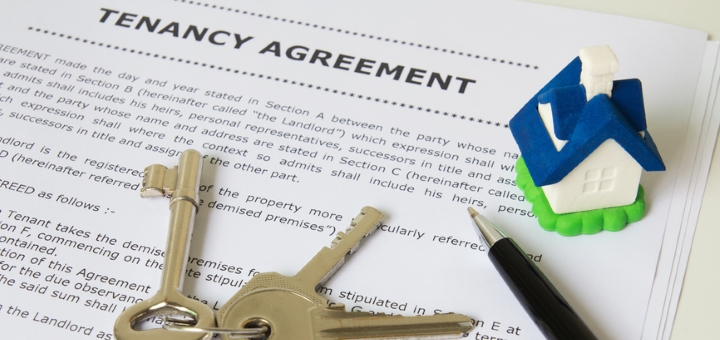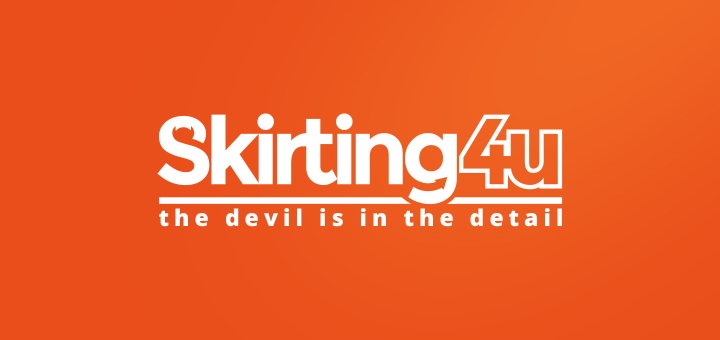Property and trades-related insurance products: how to tell your landlord insurance from your employers’ liability

Whether you’re a landlord or a tradesperson, there are many different types of insurance that can be essential in your line of work – designed to ensure the protection and safety of you, your employees, and those who you come into contact with.
Understanding all the options can be complex, though. For example, the website of Southend-based insurance broker Ashburnham Insurance – who we feature in our Directory here – lists some 28 different insurance products, and that’s not even the full extent of what’s available.
However, our friends at Ashburnham Insurance point to five core products that are particularly widely purchased, from landlord insurance to unoccupied property insurance. So, let’s take a look at each one in turn, understanding who it’s for and when you might need it.
Landlord insurance
If you’re a landlord with a freehold or leasehold buy-to-let property, landlord insurance is designed to protect you and your asset from potential damage.
Not surprisingly, buildings cover is usually a core part of landlord insurance, covering the financial cost of repairing the property itself in the event of, say, structural damage, storm damage, or a burst pipe.
The best buy-to-let insurance policies will also cover a property owner’s liability, and potentially contents insurance as well – handy for when your tenants leave you with a stained sofa or burnt carpet.
Land insurance
A less common policy, land insurance is targeted at people who are concerned about the potential financial risks of being a land owner, and can apply to many different types of land, including, for example, development sites, private roads or farmland.
You might question why you need insurance cover for your own private land, but there can be all sorts of risks – for example, if a hiker exercising their rights under the ‘right to roam’ falls and trips while walking through your moorland, or if a branch from a tree on your land falls off and causes damage or injury.
The main cover provided in land insurance is public liability, but options for public access, employers’ liability, legal expenses and material damage can be included as well.
Public liability insurance
Targeted at self-employed workers and small businesses – and particularly those working in the trades – public liability insurance provides you with financial protection against injury or damage that you might cause to people or their property during your work.
So, if you’re a tradesperson working in someone’s home and they injure themselves tripping over your toolbox, or if you’re a plumber who inadvertently breaks a pipe and floods the customer’s home, public liability insurance will cover the cost of any legal expenses or compensation claims that follow.
If your business is one that has any involvement with the public, public liability insurance will usually be a top priority. In addition, organisations such as local authorities will normlly ask for proof of cover before they agree to work with you.
Employers’ liability insurance
As the name suggests, employers’ liability insurance is a requirement if you run a business that employs any other people – whether that’s full-time or part-time staff, or even self-employed contractors, apprentices or voluntary workers.
Employers’ liability insurance protects you in the event of a compensation claim from an employee who is injured or becomes ill while working for you – such as through a trip or fall, or a collapsing ladder on site – and there is a risk of severe financial damage to your business if you fail to have the proper insurance in place.
Unoccupied property insurance
Another type of insurance where the name rather gives it away, unoccupied property insurance provides cover for your home – either the buildings, contents or both – whilst no-one is resident.
So, unoccupied property insurance is something you might want if you’re planning to rent your property but have a period of vacancy before the tenant moves in; of if you’re renovating a property to sell on, but not actually living there at the time.
There are different categories of ‘unoccupied’ property, so you’ll usually need to get advice from an expert on the cover that best meets your particular situation.
In summary
If you’re not sure what insurance is best for you and your business, or if you don’t know which company can offer the best deal, a broker like Ashburnham Insurance can offer easy-to-use online quote tools, as well as experienced and knowledgeable staff to address your queries.
Take advantage of the various resources that are available online, too. For example, the trade body the Association of British Insurers (ABI) has a useful section of its website dedicated to explaining the different types of business insurance.
As ever, it pays to be well informed – and doing your insurance homework now could well save you time, money and stress later.









